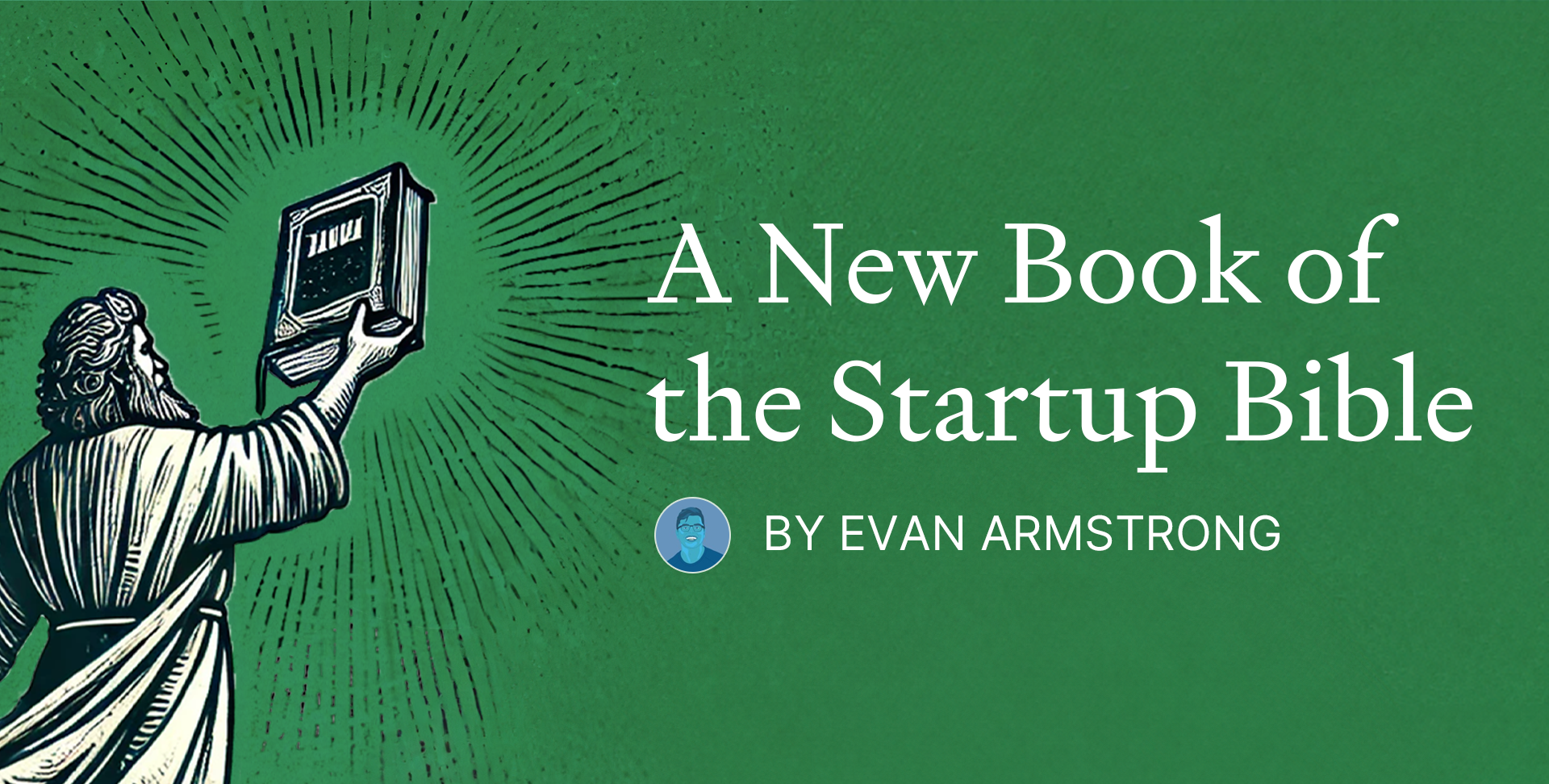A New Book of the Startup Bible

🌈 Abstract
The article discusses the book "Pattern Breakers: Why Some Startups Change the Future" by Mike Maples, Jr. and Peter Ziebelman, which introduces a new theory of startup formation called "inflection theory". The key points covered in the article are:
🙋 Q&A
[01] Overview of the Book
1. What is the main premise of the book "Pattern Breakers"? The book tackles the core conundrum of startups - many successful startups pivot from their original business idea. The authors propose a new theory of startup formation called "inflection theory" to explain this phenomenon.
2. What is the key insight of "inflection theory"? Inflection theory posits that successful founders are able to time inflection points - large changes in technology, regulation, consumer culture, etc. - and derive insights on how to harness these inflections to radically change human capacities and behaviors. This insight then leads to the startup idea, rather than the idea coming first.
3. How does inflection theory differ from the "lean startup" methodology? Inflection theory explains why the lean startup methodology alone fails - it shows that a startup is movement-dependent, and the key is identifying meaningful shifts in the world that founders can take advantage of, rather than just following a process.
[02] Evaluation of the Book
1. What are the strengths and weaknesses of the analysis presented in the book? Strength: The book provides a novel and potentially meaningful framework (inflection theory) for understanding startup success. Weakness: The analysis could have been more rigorous, such as publishing the database of successful startups that the authors analyzed and doing more quantitative analysis.
2. What does the author suggest for improving the book? The author suggests that the book could be improved by doing more rigorous research, such as publishing the database of successful startups and analyzing factors like sector, number of pivots, and time to pivot versus exit size. This could have made the book a "nuclear-level business bestseller".
3. How does the author view the potential impact of inflection theory? The author believes inflection theory is a valuable lens through which to examine startup ideas, and that it deserves to progress from theory to a provable hypothesis. The author suggests a sequel that builds a data set to test how predictive inflection theory is, and creates an actionable framework to train founders in applying it.